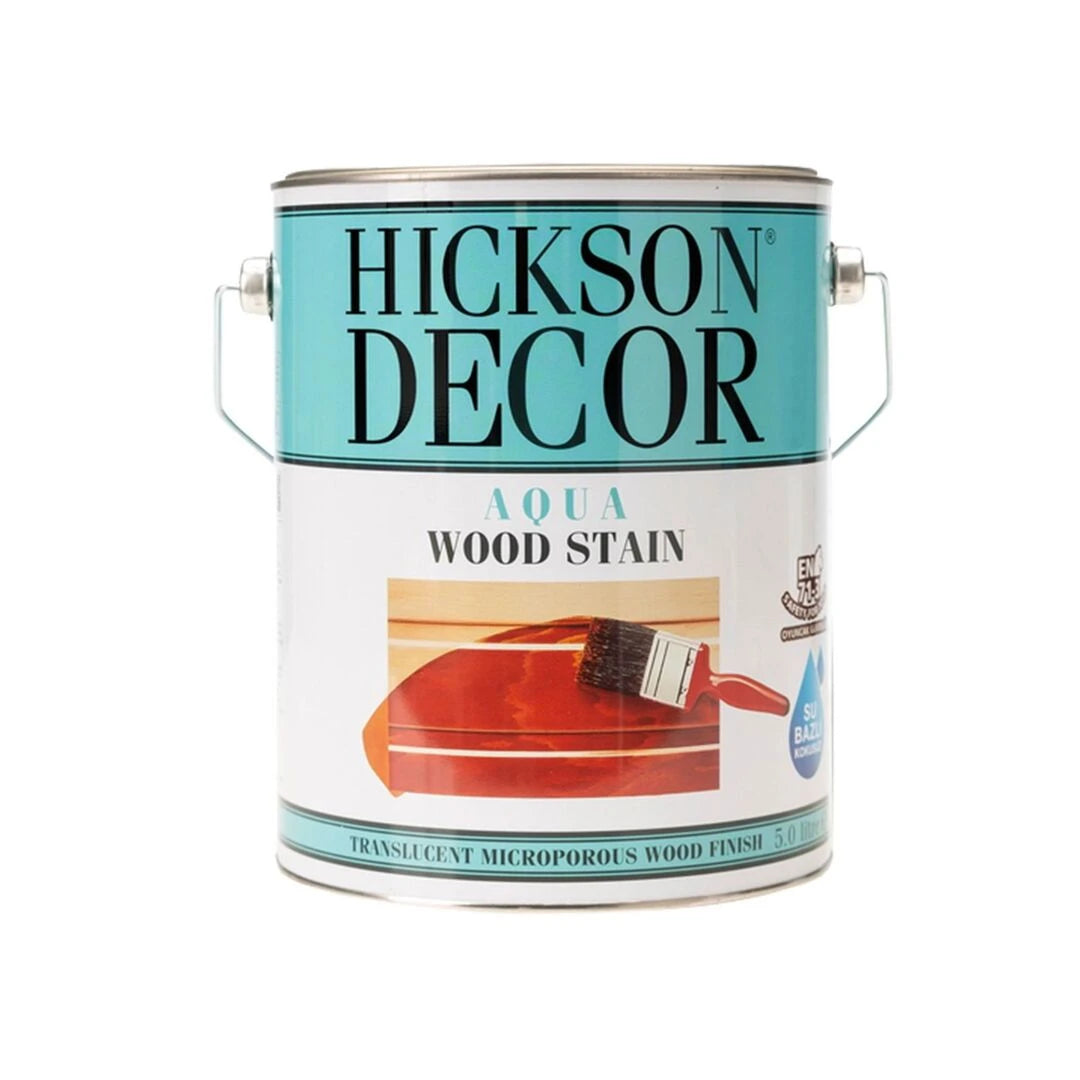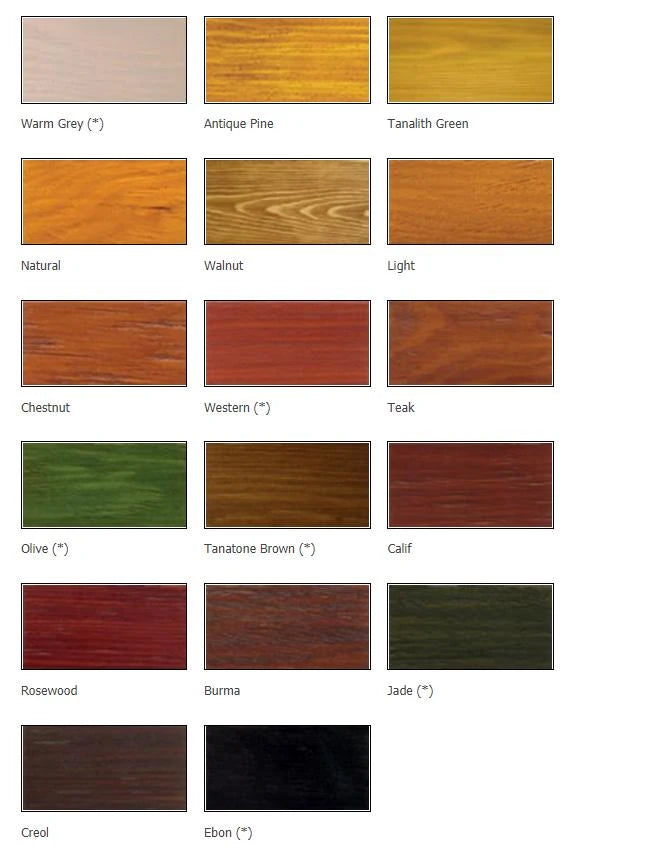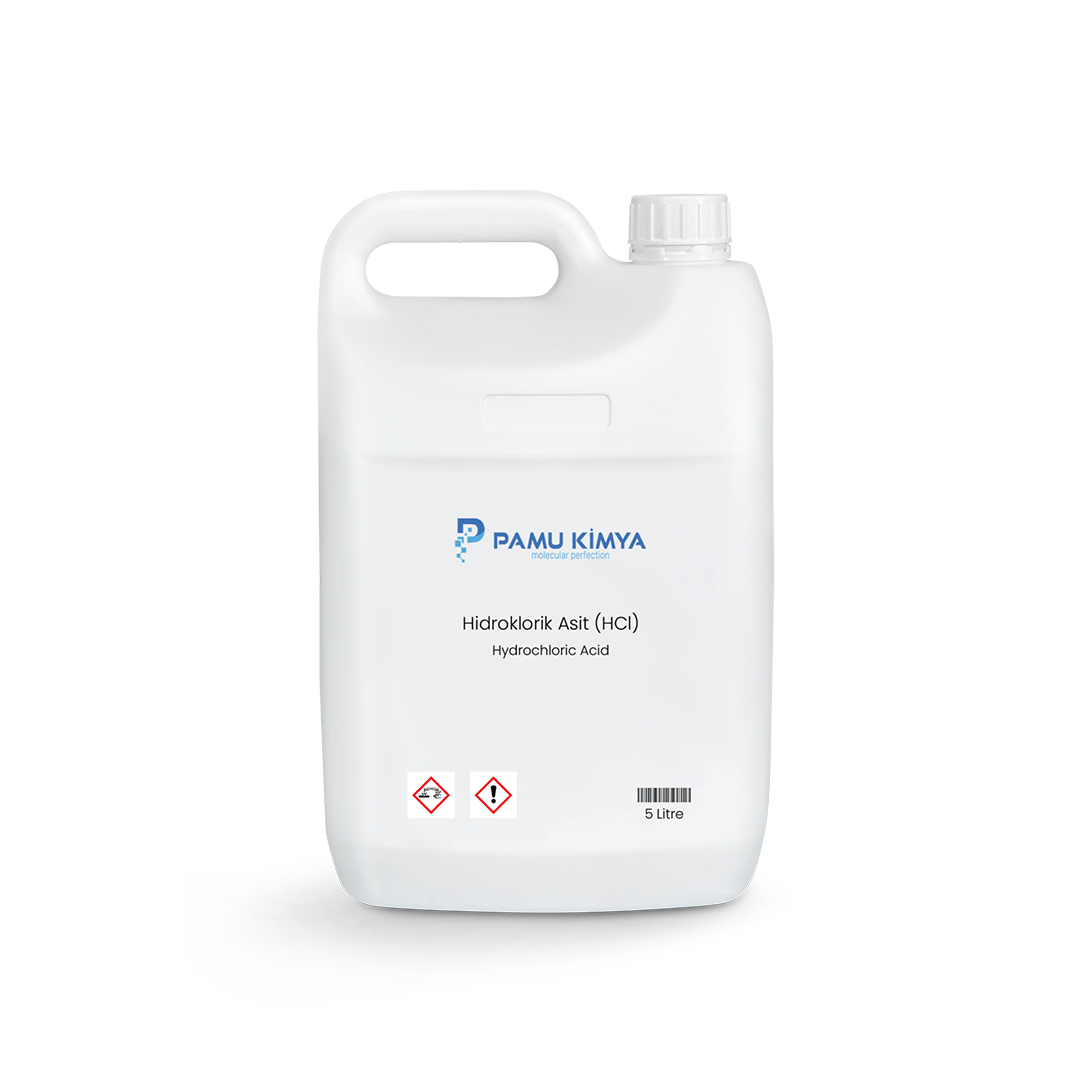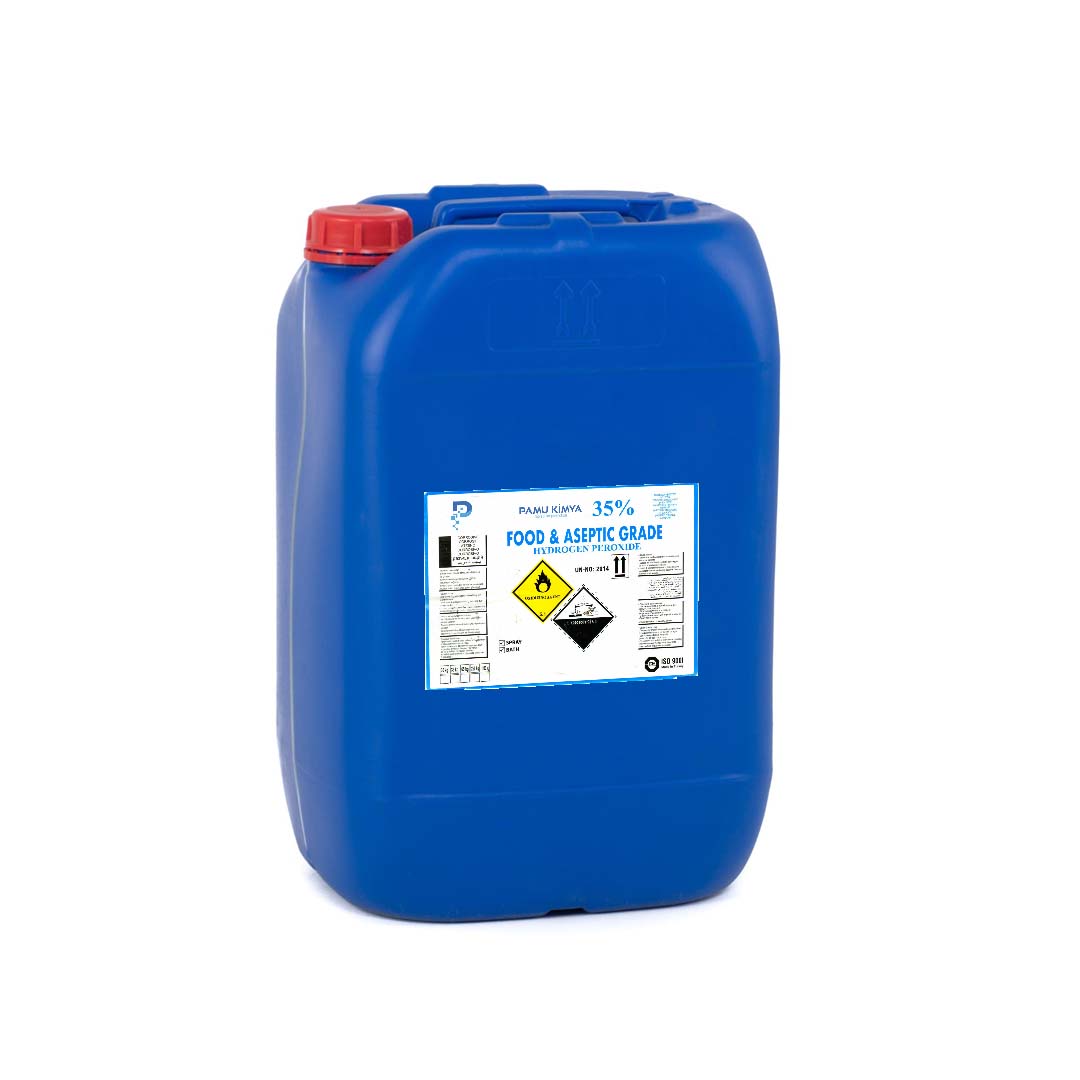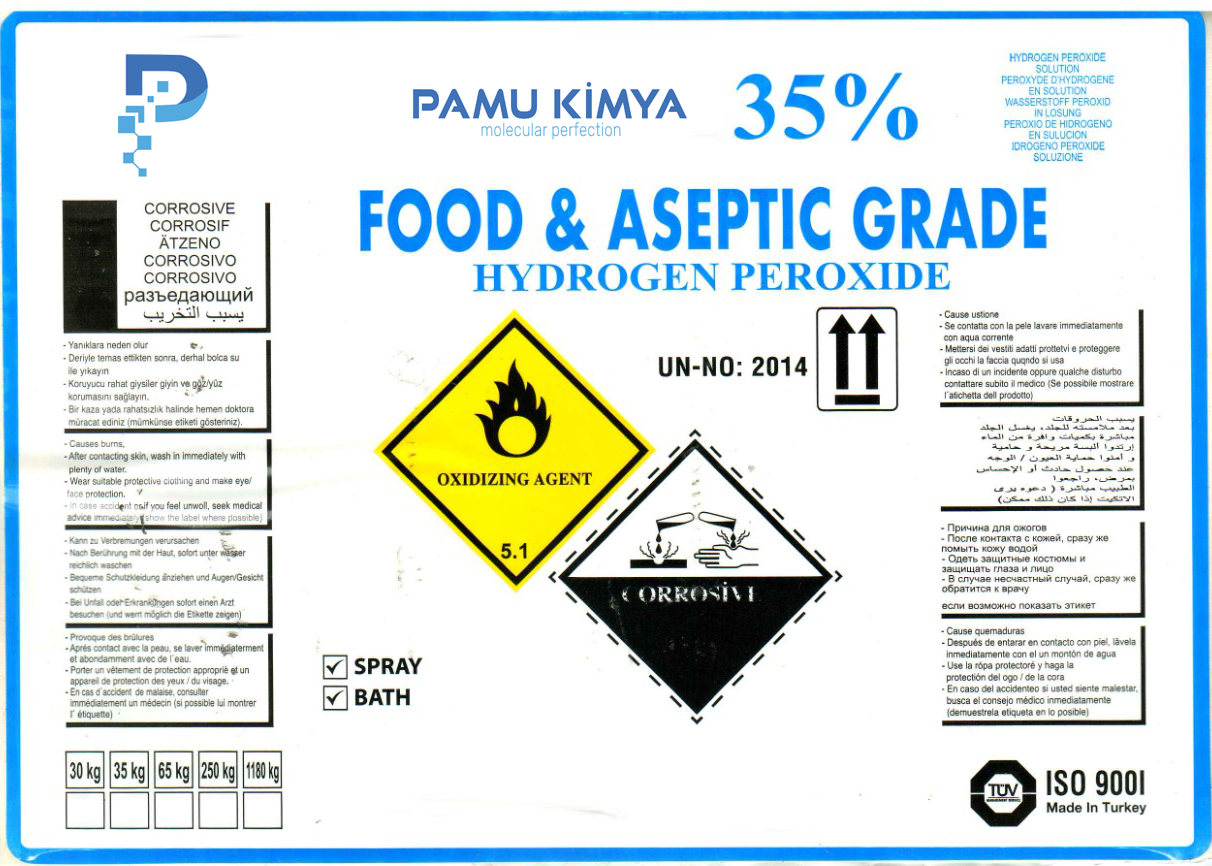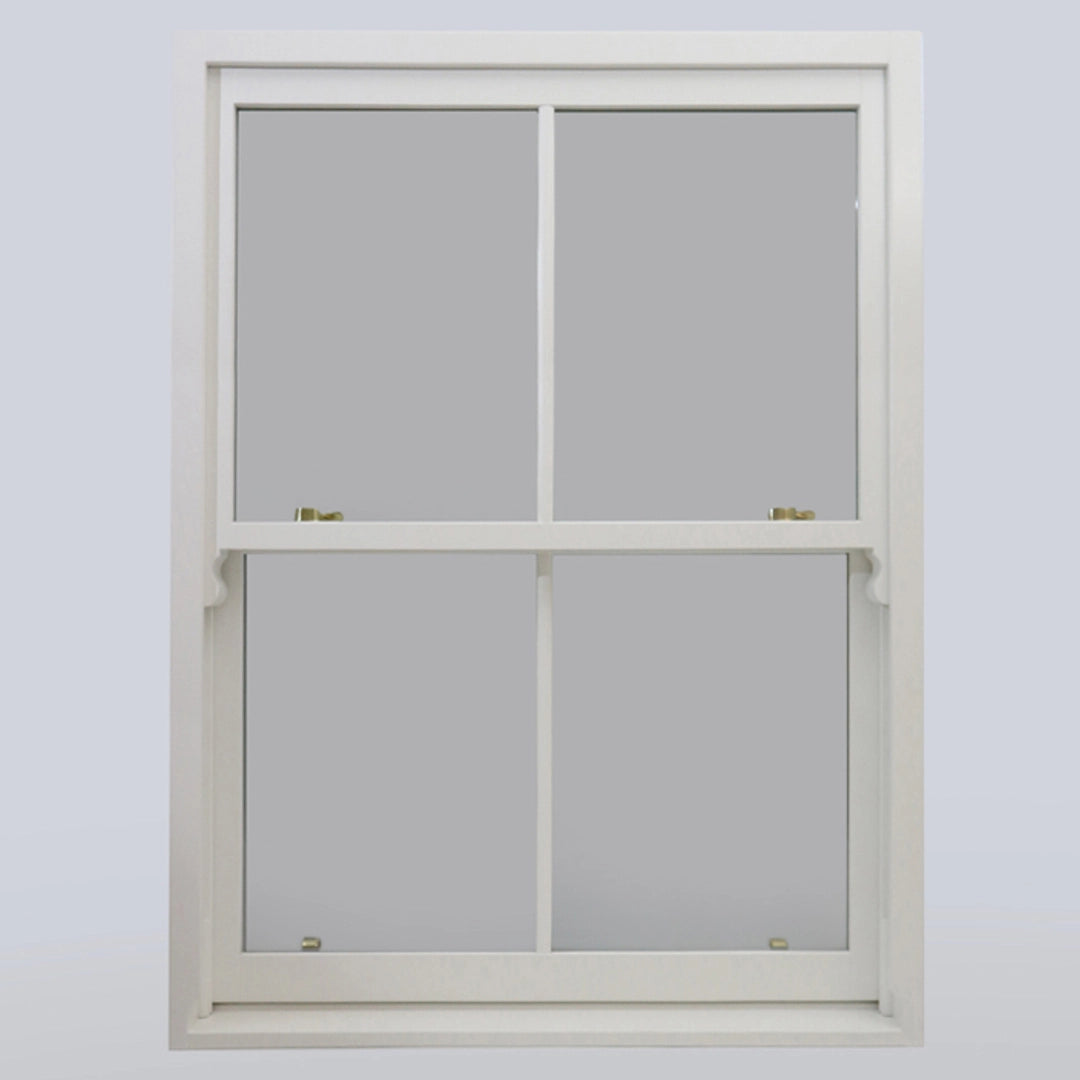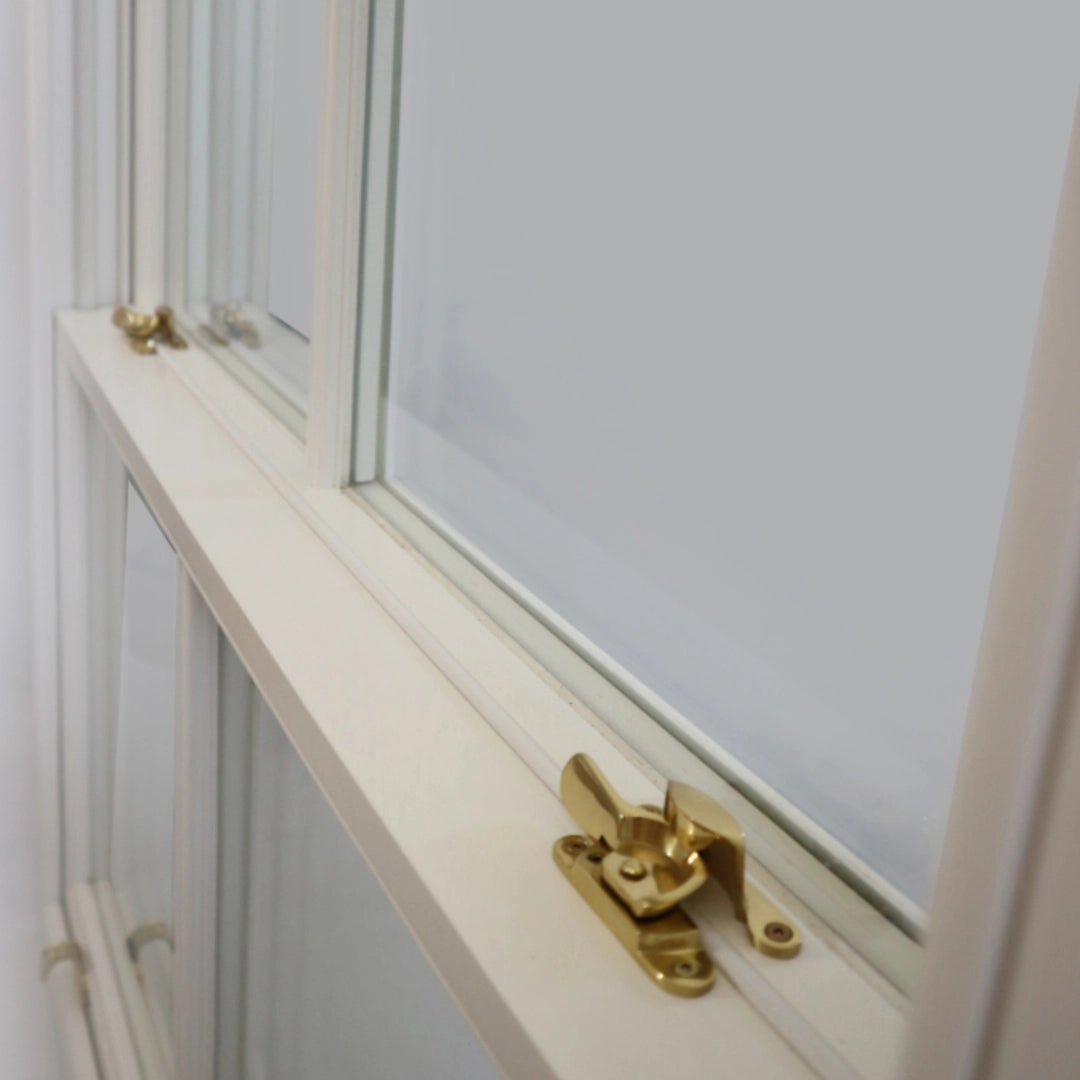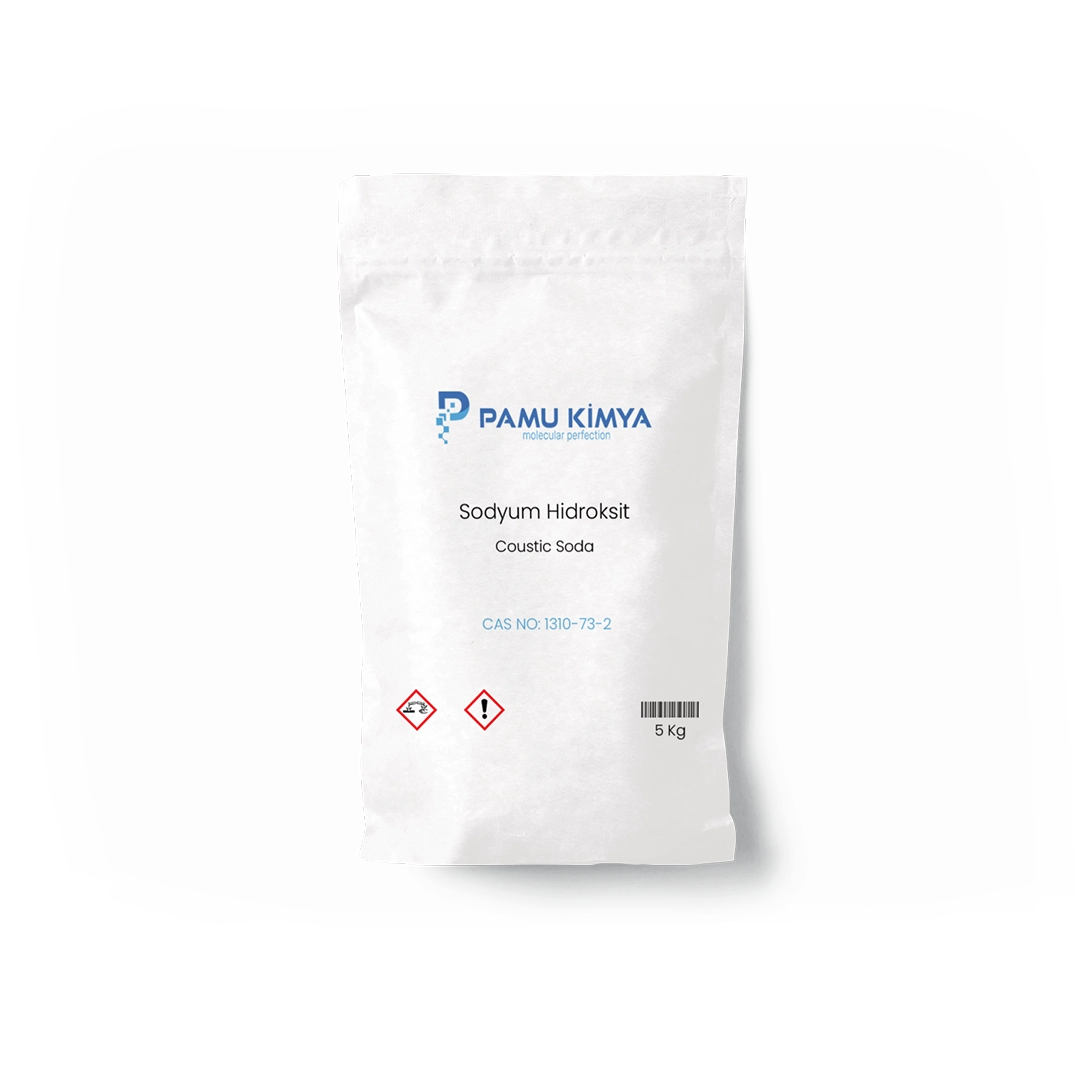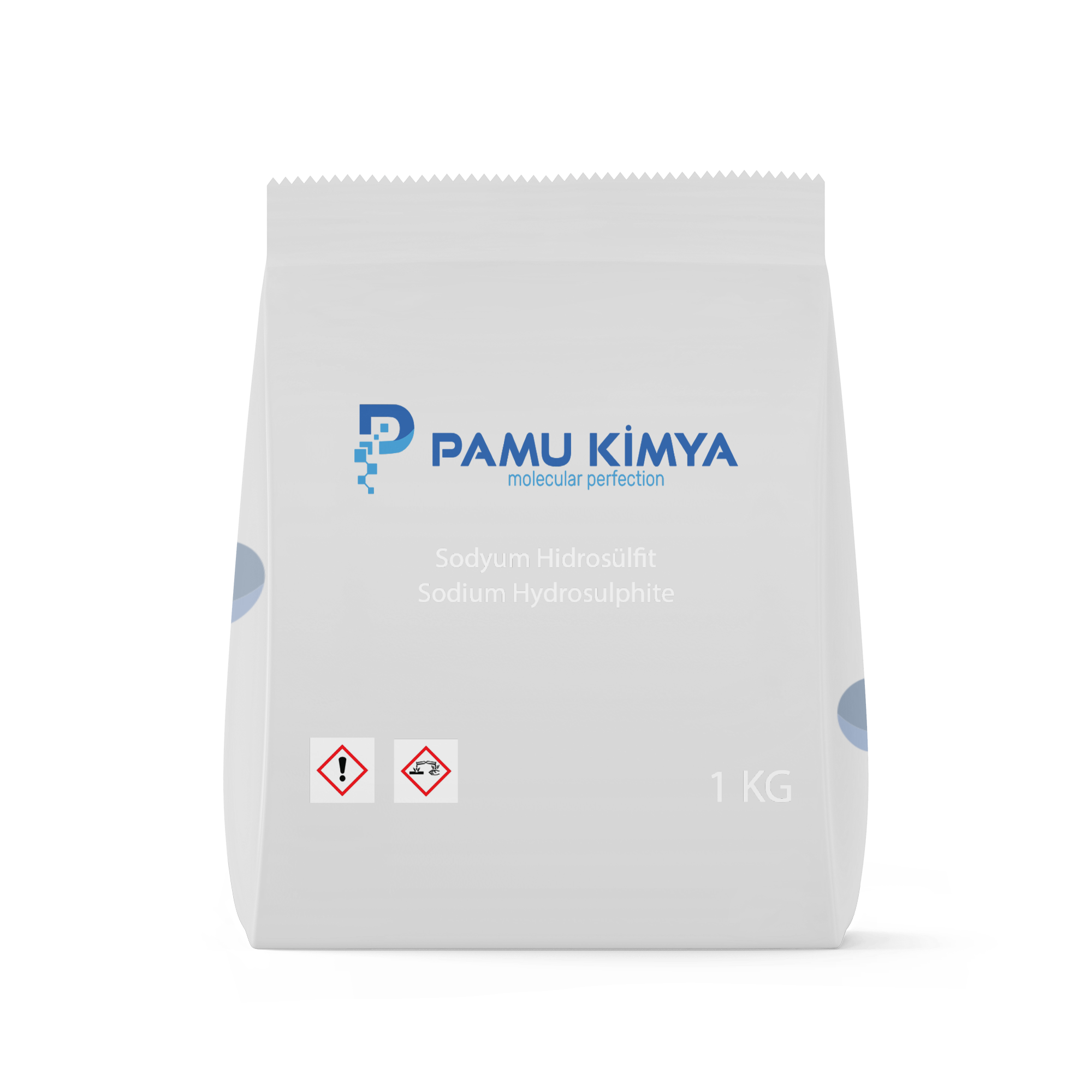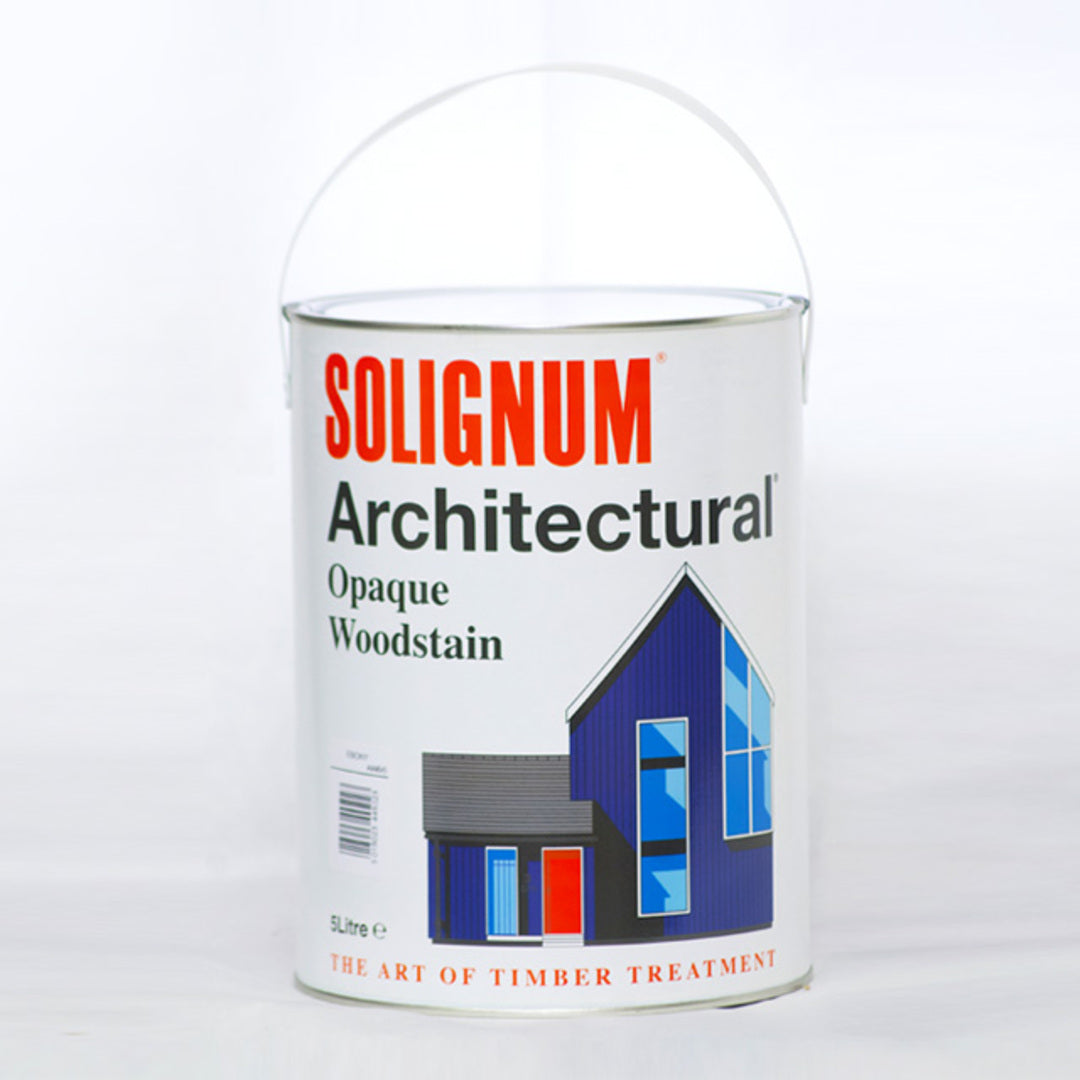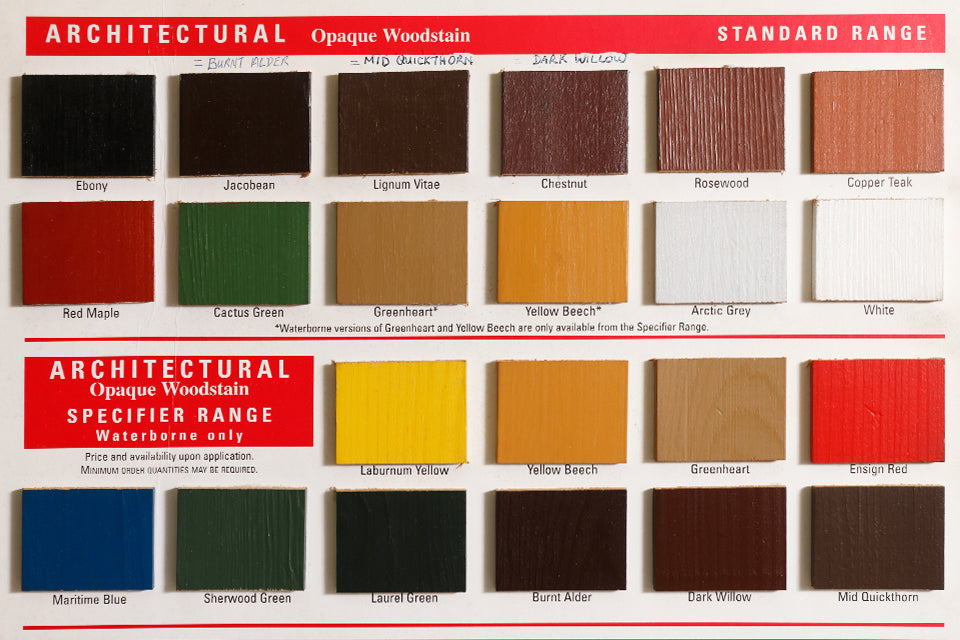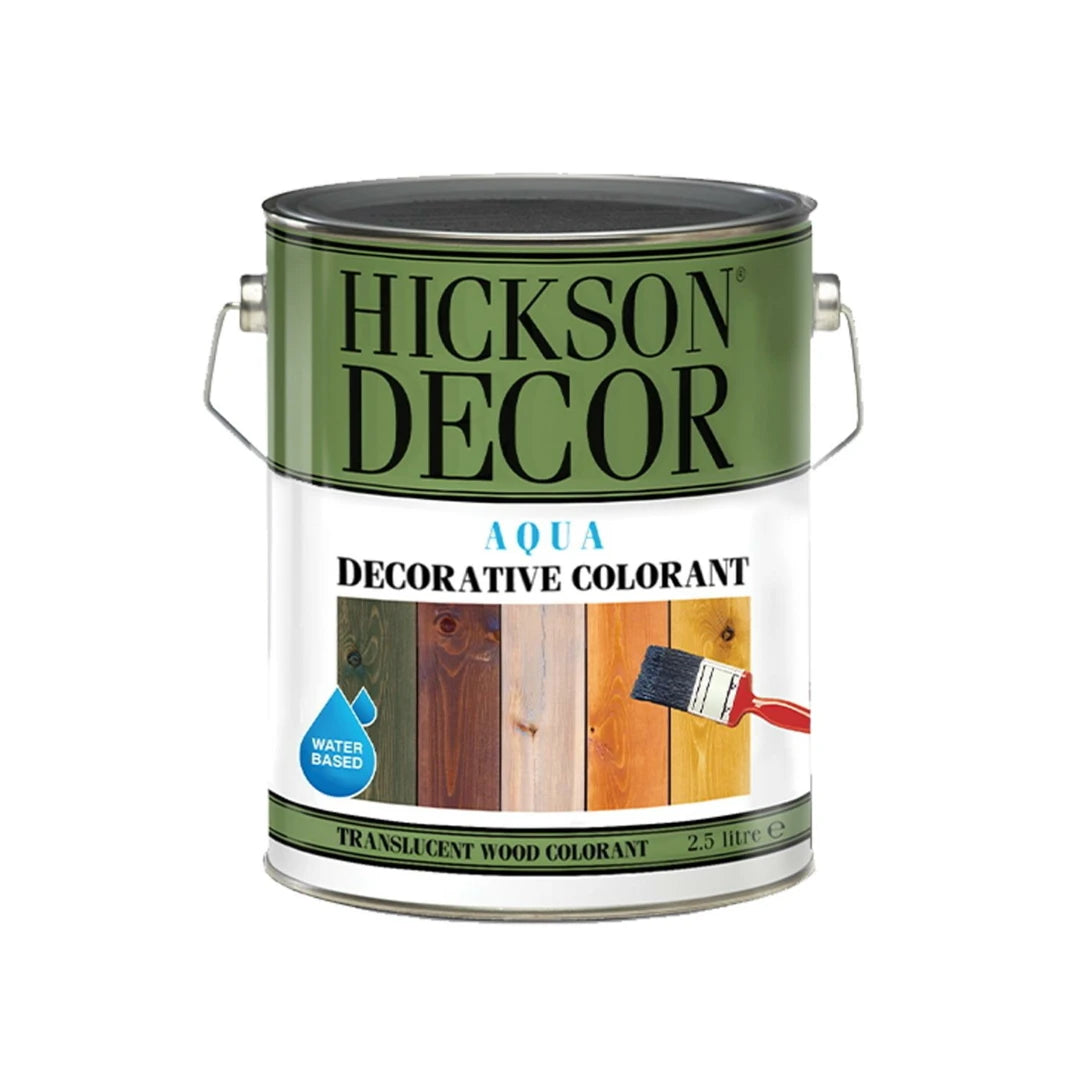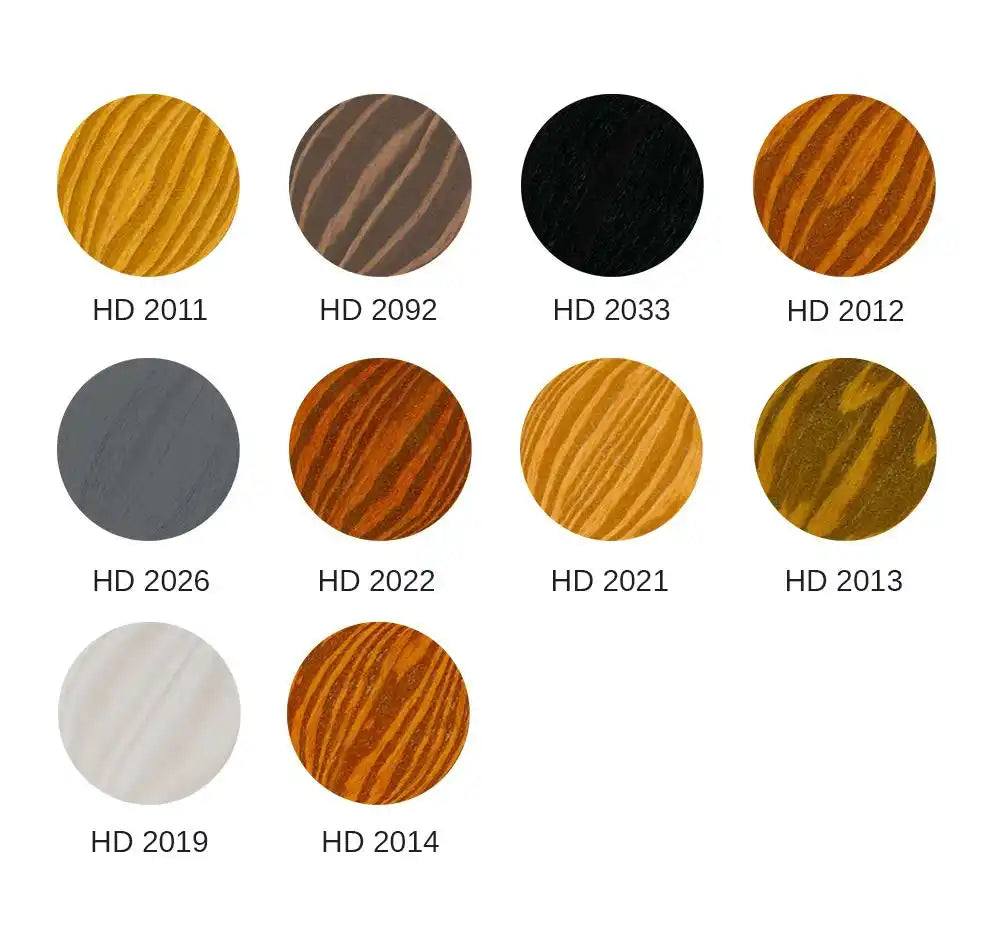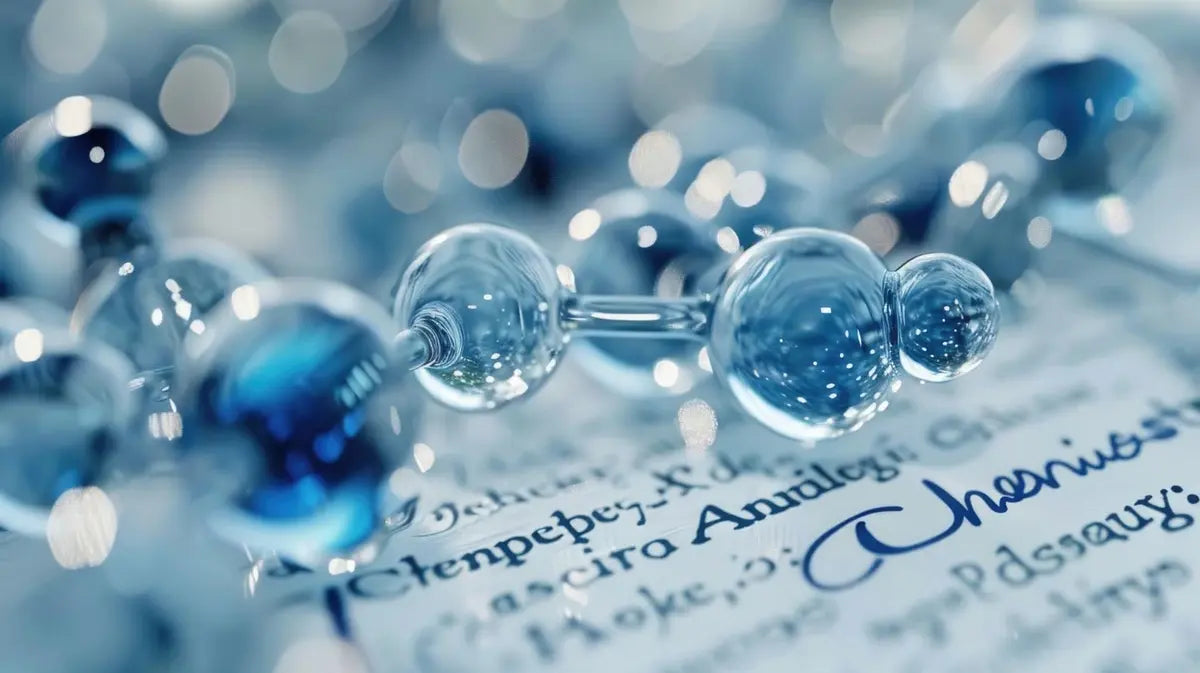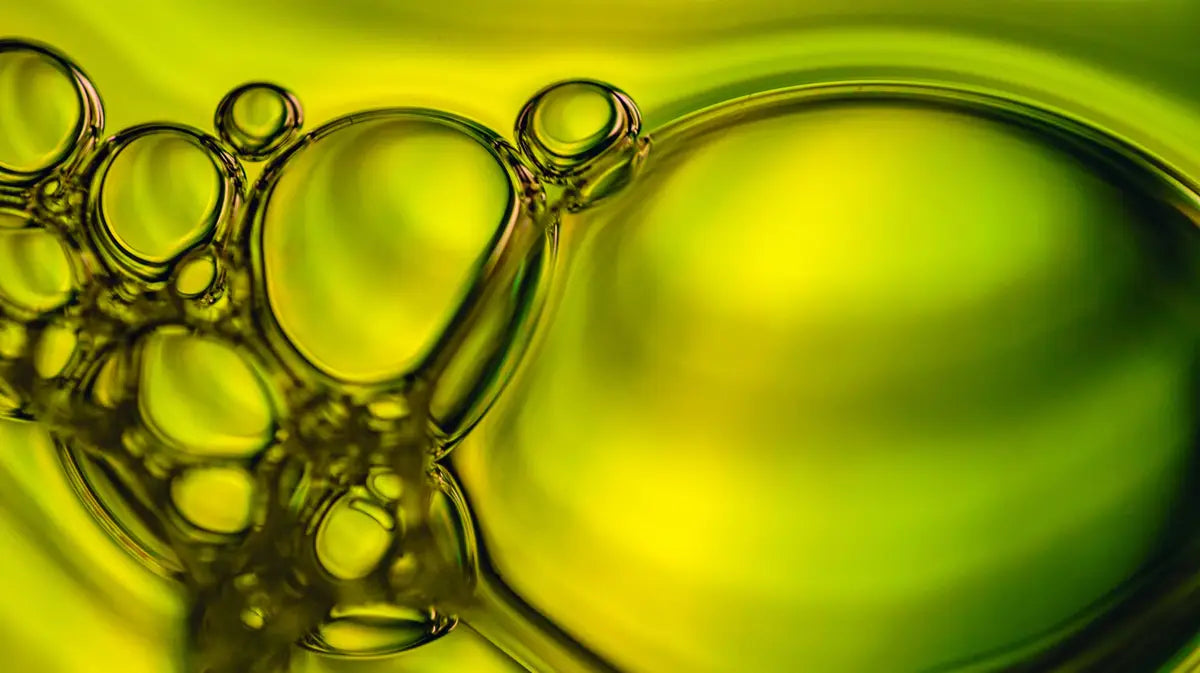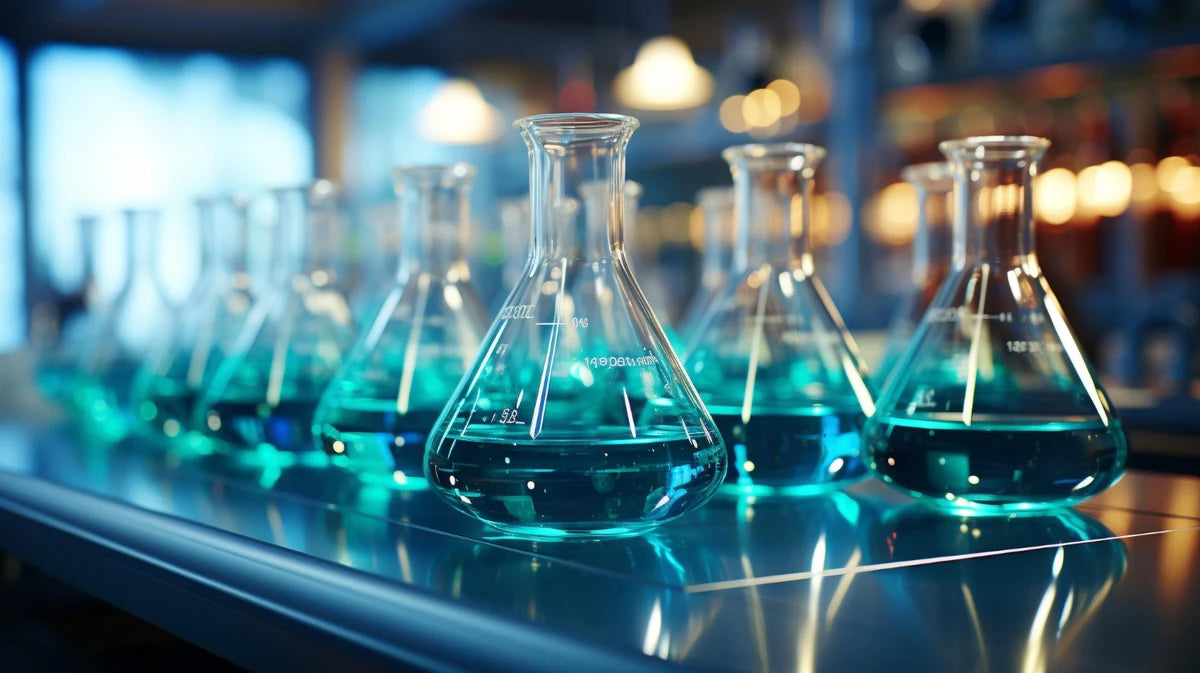
Hydrogen peroxide
What is Hydrogen Peroxide?
Hydrogen peroxide (H2O2) is water (H2O) containing an extra hydrogen molecule. A colorless liquid at room temperature, hydrogen peroxide has a bitter taste. It is definitely not suitable for consumption as a food. Hydrogen peroxide is an unstable compound, it can easily decompose into oxygen and water by releasing heat. Although it is not flammable, it is a strong oxidizer that can cause spontaneous combustion when in contact with an organic substance.
History of Hydrogen Peroxide
Hydrogen peroxide was first obtained in 1818 by the French chemist Louis Jacques Thenard by reacting barium peroxide with nitric acid. After its production, the compound was long believed to be unstable. At the end of the 19th century, Petre Melikishvili and his student L. Pizarjevski showed that the correct formula of the compound is HOOH.
Areas of Use of Hydrogen Peroxide
Commonly known as hydrogen peroxide; "oxygenated water". Hydrogen peroxide is an antiseptic liquid that was typically used in the past to treat cuts or other skin wounds. However, hydrogen peroxide is also used in non-medical situations such as cleaning, disinfecting and stain removal. Low purity concentrations (3%, 6%) can be used as clothing bleach.
How to Store Hydrogen Peroxide?
Hydrogen peroxide is a chemical, so it can cause serious problems if swallowed. Therefore, store it in a cupboard out of reach of children. Pay attention to the expiration date before using hydrogen peroxide, because the extra oxygen will disappear over time and you will be left with only water. If you expose hydrogen peroxide to light and heat, you may encounter situations such as leakage. Therefore, store the product in a closed cupboard that is not exposed to light.
Areas of Use of Hydrogen Peroxide in Cleaning
Hydrogen peroxide is frequently used in cleaning as well as personal care. It is particularly effective in removing stains in laundry and dishwashing. Those who do not like the smell of vinegar can also use hydrogen peroxide to clean vegetables. You can clean dirty toilets or stained tiles by mixing hydrogen peroxide with half a glass of water.
If your shower curtain is moldy, you can easily clean it with this product and make it look like new. You can choose this affordable product to clean and disinfect many areas. You can experience the feeling of real cleanliness in your home as you wish without having to pay big money for other chemicals.
It whitens the laundry. In addition to your personal care, you can also use hydrogen peroxide in home cleaning. Especially to remove blood stains, you can drop some hydrogen peroxide on the stain, wait 10 minutes, then scrub and wash your laundry.
You can also use hydrogen peroxide to clean and disinfect vegetables and fruits.
You can gargle with some hydrogen peroxide mixed with water to get rid of cold and sore throat.
It protects oral health and helps clean stains on teeth caused by factors such as coffee, tea and cigarettes.
Effect of Hydrogen Peroxide on Plants
You can also use hydrogen peroxide to revitalize your plants. You can make your plants stronger and healthier by mixing 2 tablespoons of hydrogen peroxide in 1 liter of water and adding it to the soil of your plants. This mixture also significantly prevents the rotting of plant roots. With this mixture, you can also prevent insects and fungi from forming on plants.
This way, you can have much healthier, livelier and more lush plants. You can also benefit from this product in garden care. According to another recipe, you can pamper your plants by adding half a glass of hydrogen peroxide to 4 liters of water. You can easily use this product, which is quite affordable, in many areas of life. You can easily obtain this product from pharmacies.
How to Use Hydrogen Peroxide?
Disinfect:
First, wear gloves and use hydrogen peroxide in a well-ventilated area. To disinfect, first clean the area of visible dirt or grime with plain soap and water. Then spray the surfaces with a half-and-half hydrogen peroxide-to-water mixture. After waiting 5 minutes, you can rinse items that have food-contact surfaces with water. It is preferable to let other surfaces air dry. Hydrogen peroxide is a great germ killer for:
-
Bathtubs, sinks and shower cabins
-
Door handles
-
Trash Cans
-
Mirrors
-
Toilets

